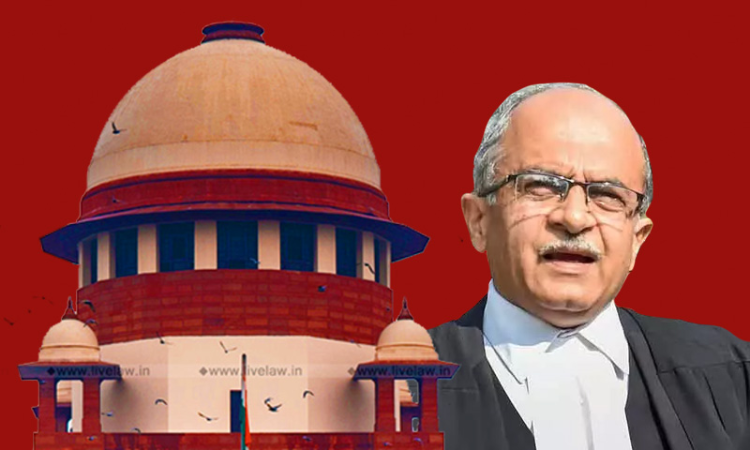Non-Disclosure Of Vaccine Trial Data Preventing Independent Evaluation : Prashant Bhushan Tells Supreme Court
Sohini Chowdhury
22 March 2022 9:51 PM IST

Mr.Bhushan argued that disclosure of clinical trial data was an established practice across the world.
Next Story


